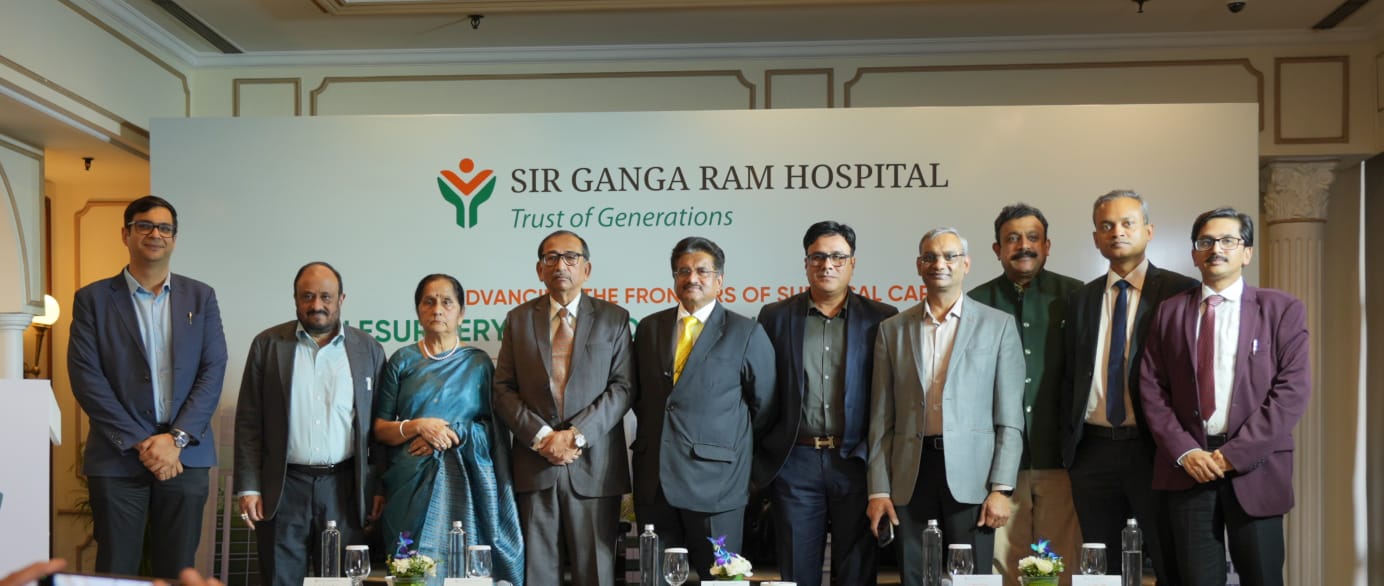

Delhi Air Pollution After Diwali: Smog Affects Health
NEW DELHI: As Delhi’s air quality plunges to alarming levels after Diwali celebrations, residents are once again battling the choking aftermath of smoke, dust, and toxic smog. The worsening Delhi air pollution after Diwali is not just triggering coughs, wheezing, and asthma attacks — it’s also taking a serious toll on eye health.
From burning, redness, and irritation to persistent coughing and breathlessness, the haze now engulfs the city like an annual post-festival curse. Doctors warn that the toxic mixture of firecracker residue, dust, and vehicular emissions has made Delhi’s winter air one of the most hazardous in the world.
Dr. Hemant Kalra, senior pulmonologist at Max Super Speciality Hospital, Shalimar Bagh, told NewsHashtag that this pollution spike is anything but normal. “Skies turn black, eyes turn red, and the elderly struggle to breathe — this has sadly become the new normal after Diwali,” he said. “The air in Delhi-NCR often becomes heavy with smoke and dust.”
Masks Aren’t Enough: How to Protect Eyes and Lungs
While many people rely on masks and air purifiers, Dr. Kalra stresses that these measures are not enough. “What looks like fog is actually harmful smog,” he explained, warning that it especially affects children, the elderly, and asthma patients.
Beyond lung damage, eye health is emerging as a major concern. “After Diwali, people complain of burning, redness, watering, and dryness in the eyes. Children rub their eyes constantly, while asthma patients face dual problems — breathing difficulty and eye irritation,” he added.
To reduce health risks, Dr. Kalra suggests simple yet effective measures:
- Avoid outdoor activities: Stay indoors when the AQI exceeds 100 or the sky looks hazy.
- Protect your eyes: Wear glasses or goggles to shield against dust and smoke.
- Keep eyes clean and moist: Wash your face frequently with clean water and use lubricating eye drops without preservatives.
- Maintain indoor air quality: Keep windows closed during heavy smog hours and use HEPA filter purifiers. Indoor plants such as money plants and areca palms can also help.
- Eat nutrient-rich foods: Include carrots, spinach, oranges, and nuts in your diet to support eye and lung health.
- For asthma patients: Always carry an inhaler and avoid direct exposure to smoke. Seek medical attention if symptoms worsen.
Dr. Arunachalam, another health expert, added, “With small, smart habits and by minimizing exposure, we can protect our families from Delhi’s polluted air. Prevention is always better than cure.”
A City Gasping for Breath
Delhi’s air quality consistently ranks among the worst globally each winter. Environmental experts say that firecrackers, stubble burning, and stagnant weather conditions combine to create a lethal cocktail of pollutants.
As the Delhi air pollution after Diwali worsens, doctors urge residents to prioritize respiratory and eye care, especially for children and senior citizens. Regular medical check-ups, healthy diets, and cleaner indoor environments can go a long way in reducing health risks.

Prerna Varshney is a journalist and social commentator with over five years of experience in health, gender, and policy reporting. Her work reflects a deep commitment to truth and empathy, simplifying complex issues for everyday readers.









